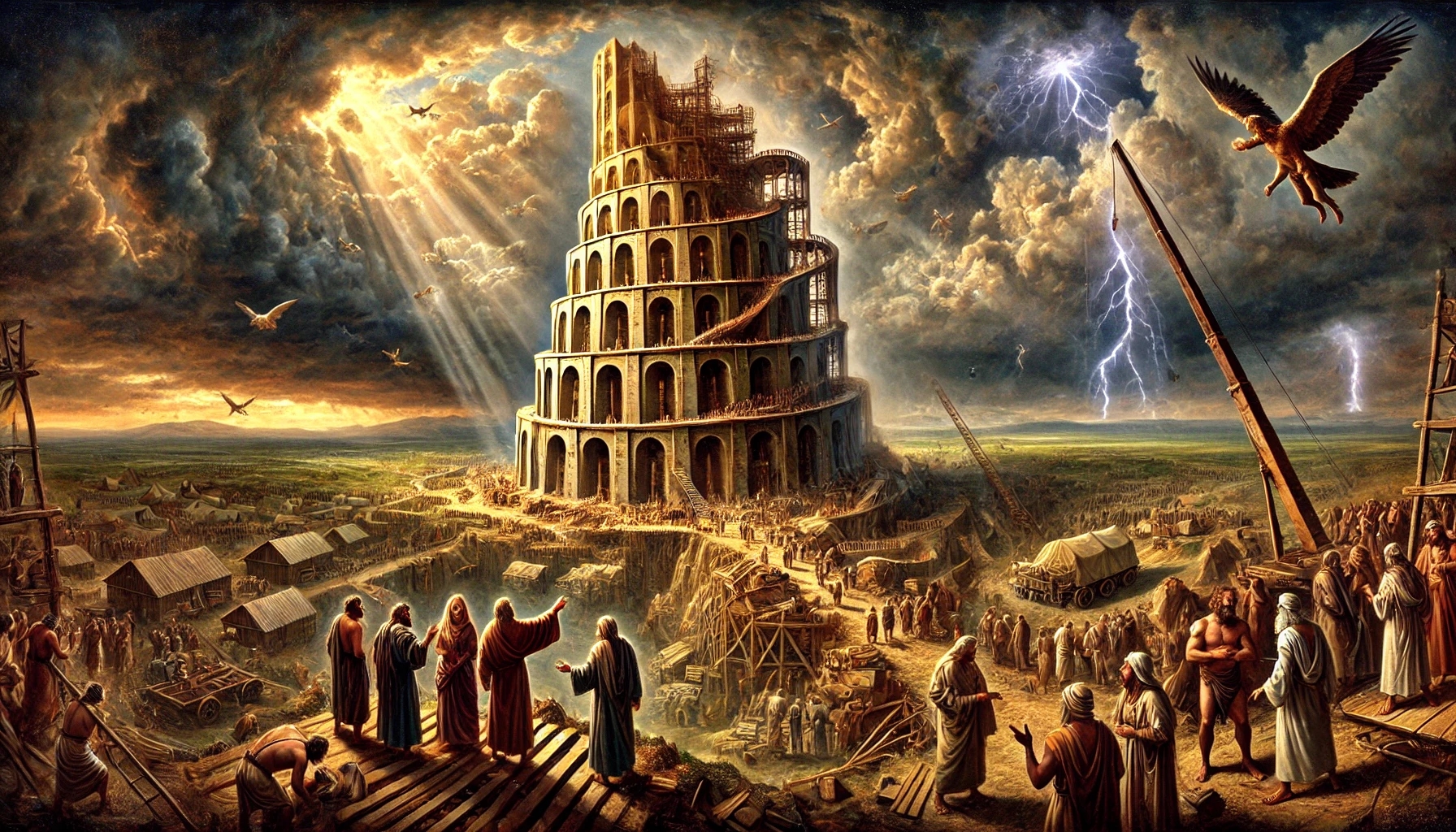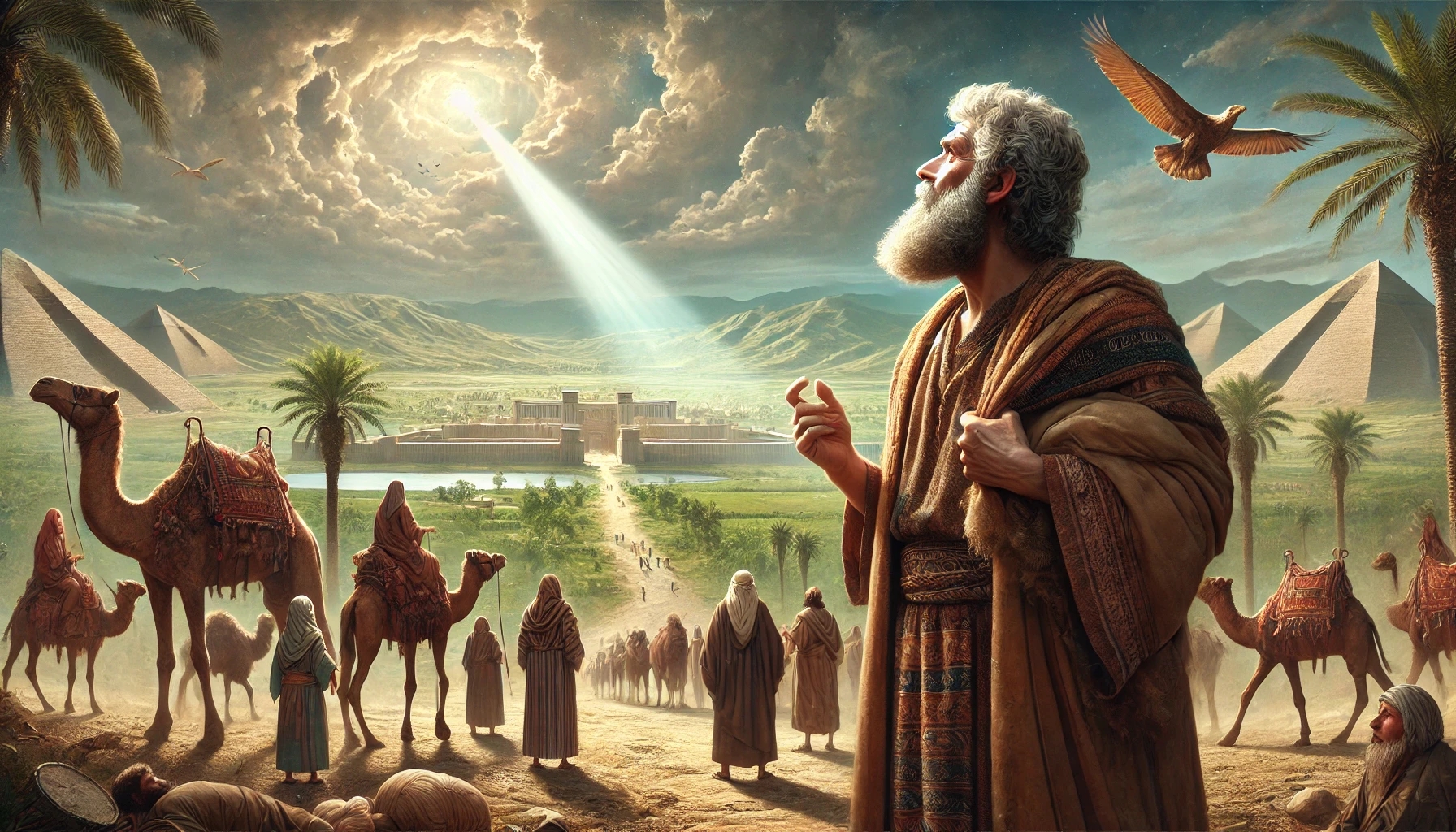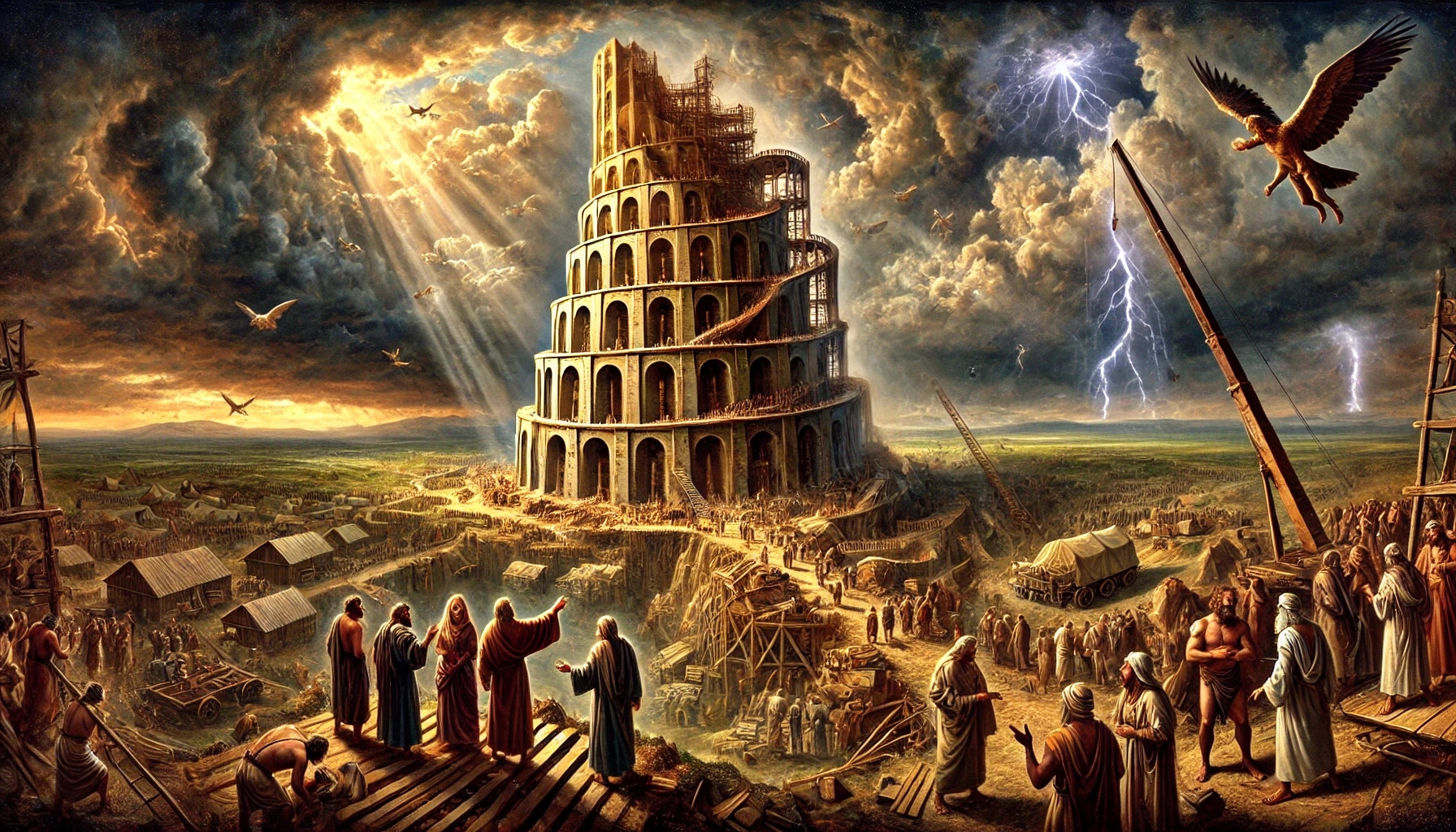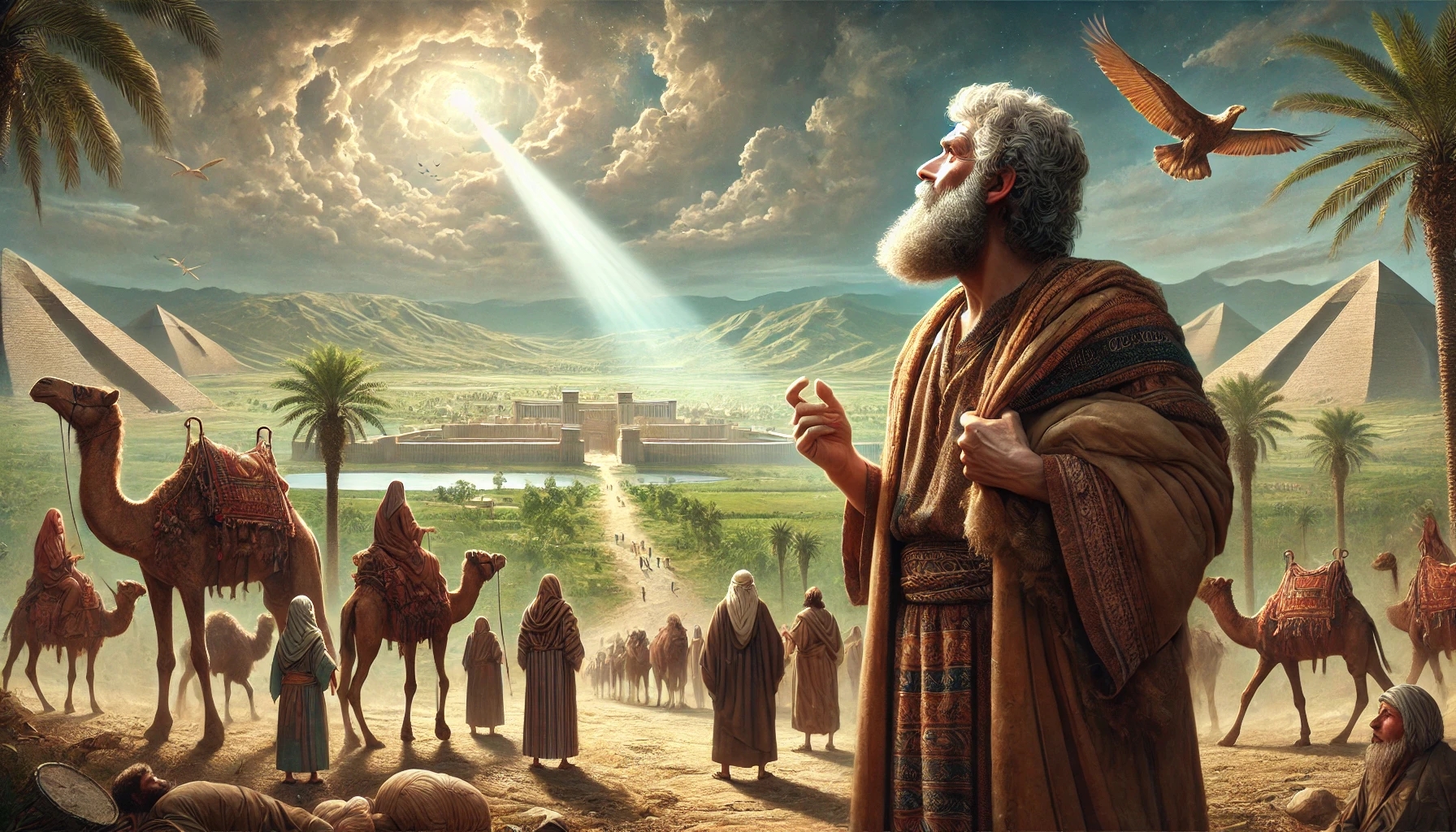 14.06.2025 | True Riches – Finding Wisdom | HEART ANCHOR
14.06.2025 | True Riches – Finding Wisdom | HEART ANCHOR
 How God’s Wisdom Transforms Our Inner Being
How God’s Wisdom Transforms Our Inner Being
 Proverbs 3:13
Proverbs 3:13
⸻
 Bible Text
Bible Text
“Blessed is the one who finds wisdom, and the one who gets understanding.”
— Proverbs 3:13
⸻
 Devotional
Devotional
This “blessed” speaks of a deep, inner blessing that is independent of grades, bank balances, or popularity. The Bible does not define wisdom as merely clever strategies or smart facts. It refers to a way of life that thinks, feels, and acts from God’s perspective.
-
Trust over understanding: When we organize our lives solely by logic and performance, our hearts often remain empty. Wisdom invites us to experience God’s faithfulness by entrusting Him with our decisions—not by fixing our gaze on statistics.
-
Prayer as dialogue: Not “God, I’ll handle this myself,” but “Lord, show me the way.” Throughout the Psalms, David not only cries out for help but also listens for God’s reply. Prayer then becomes a two-way channel: we present our requests—and we receive His guidance.
-
Silence as fertile ground: In the rush of school, chats, and appointments there’s little room to breathe. Yet even brief moments of silence can work wonders: our hearts lay down their burdens and receive God’s gentle voice.
-
Acting in love: True wisdom shows itself when knowledge becomes compassion. Jesus didn’t merely say, “Love your neighbor”—He embodied it. Genuine insight always concerns people, not just ideas.
⸻
 Story – “The Silent Compass in the Storm of Daily Life”
Story – “The Silent Compass in the Storm of Daily Life”
Jonas dreamed big: to work as an engineer on groundbreaking projects, make his family proud, and travel the world. His days were tightly scheduled—early mornings for math drills, full focus in class, afternoon tutoring, evenings with online lessons. He felt like he was on a treadmill speeding beyond his control.
One day in the library, something unexpected happened. Seated at his usual spot, Jonas suddenly couldn’t concentrate. The numbers blurred, panic welled up, and sweat ran down his back. He bolted into the reading room, gasping, “I can’t take this anymore.”
There he met Mrs. Becker, a calm retiree who often sat reading Scripture in the corner. She set her Bible aside and spoke in a soft, warm voice:
“Sometimes our inner compass is off. We chase goals we never truly chose.”
Jonas sat and listened as she described an old practice that had helped her:
-
Morning breathing moment: Each day she took three deep breaths and silently prayed, “Lord, I need You.”
-
Daily journal: She kept a small notebook, noting once each day where she sensed God’s voice.
-
Evening gratitude: Before sleeping she placed a hand on her heart and gave thanks for a moment of God’s nearness.
Intrigued, Jonas tried it the next morning. He felt space open up in place of constant self-optimization. His grades didn’t improve overnight, but he made wiser choices: focusing on topics that truly interested him and taking breaks with friends. His notebook filled with small moments—a classmate’s smile, an insightful comment in religion class, a sudden clarity on a tough formula.
Gradually Jonas learned that true wisdom is a balance of knowledge and trust. He discovered that the words God impresses on his heart are ultimately far more precious than any achievement.
⸻
 Thoughts
Thoughts
-
“Blessed”: A blessing reaching our innermost being, not tied to performance.
-
Finding wisdom: An active pursuit, not passive waiting.
-
Gaining understanding: More than intellectual grasp—knowledge of the heart.
-
God’s perspective: A shift in vision that guides us even through crises.
⸻
 What Does This Mean for You?
What Does This Mean for You?
-
Self-reflection: Where are you chasing goals that may not be your own?
-
Faith practice: What concrete steps do you take to hear God’s voice?
-
Heart posture: Where in your day could you trust God more instead of leaning on your own strength?
⸻
 Impulses for Today
Impulses for Today
-
Five-minute silence: Set a timer, pay attention to your breath, and invite God to reveal His presence.
-
Notebook experiment: Record one moment today when you made a wise decision or felt inner strength.
-
Heart check: Before any choice—big or small—pause, ask, “Lord, what are You showing me?” and then decide.
-
Share joy: Offer someone a compliment or a smile. Let wisdom become practical and alive.
⸻
 Prayer
Prayer
Dear Heavenly Father,
You are the source of all wisdom and love. Thank You for inviting me to pour out my heart before You and receive Your perspective. Grant me courage today to pause, listen, and let my daily life be guided by Your voice. Help me not only to think wisely but to act lovingly—so I may live in Your blessing and pass it on.
In Jesus’ name, Amen.
Source: https://fulfilleddesire.net/14-06-2025-true-riches-finding-wisdom-heart-anchor-youth-devotional/
 June 13, 2025
June 13, 2025 DAILY BIBLE READING
DAILY BIBLE READING Exodus 8 – The Plagues in Egypt – Frogs, Gnats, and Insects
Exodus 8 – The Plagues in Egypt – Frogs, Gnats, and Insects When God’s Voice Calls Through Judgments
When God’s Voice Calls Through Judgments Bible Text – Exodus 8 (KJV)
Bible Text – Exodus 8 (KJV) Introduction
Introduction Commentary
Commentary Summary
Summary Message for Today
Message for Today Reflection Questions
Reflection Questions
 June 8 – 14, 2025
June 8 – 14, 2025 Reflection Question
Reflection Question
 13.06.2025 | Truth in the Hidden Places | HEART ANCHOR
13.06.2025 | Truth in the Hidden Places | HEART ANCHOR How God’s Wisdom Transforms Our Inner Being
How God’s Wisdom Transforms Our Inner Being Psalm 51:6
Psalm 51:6 Introduction
Introduction Devotional
Devotional Story – “Letters in Hiding”
Story – “Letters in Hiding” Thoughts
Thoughts What Does This Mean for You?
What Does This Mean for You? Impulses for Today
Impulses for Today Prayer
Prayer June 12, 2025
June 12, 2025 DAILY BIBLE READING
DAILY BIBLE READING Exodus 7 – Power Play at the Nile – God’s Call to Freedom
Exodus 7 – Power Play at the Nile – God’s Call to Freedom When signs and wonders harden or open the heart
When signs and wonders harden or open the heart Bible Text – Exodus 7 (KJV)
Bible Text – Exodus 7 (KJV) Introduction
Introduction Commentary
Commentary Summary
Summary A Message for Us Today
A Message for Us Today Thought Prompt
Thought Prompt
 June 8 – 14, 2025
June 8 – 14, 2025 Reflection Question
Reflection Question

 Lesson 11: Ruth and Esther
Lesson 11: Ruth and Esther 11.4 Haman and Satan
11.4 Haman and Satan The Power-Hungry One and His Eternal Adversary
The Power-Hungry One and His Eternal Adversary Introduction
Introduction Bible Study
Bible Study Question: What parallels do you see between Esther 3 and Revelation 12–13?
Question: What parallels do you see between Esther 3 and Revelation 12–13? Application for Daily Life
Application for Daily Life Conclusion
Conclusion Thought of the Day
Thought of the Day Illustration – The Quiet Resistance
Illustration – The Quiet Resistance